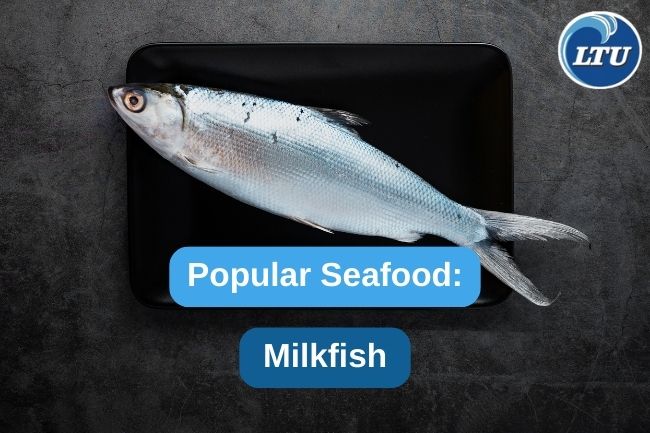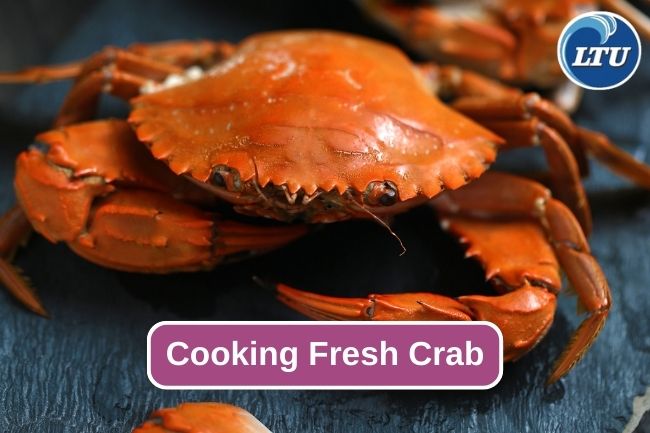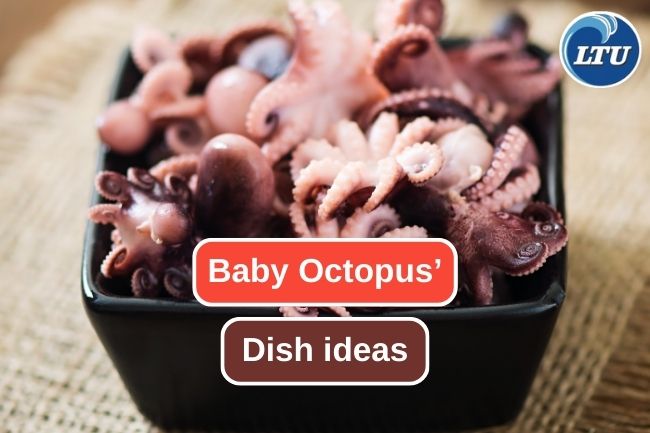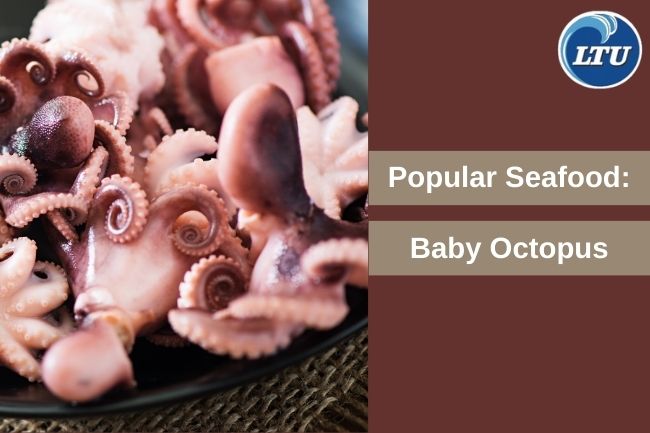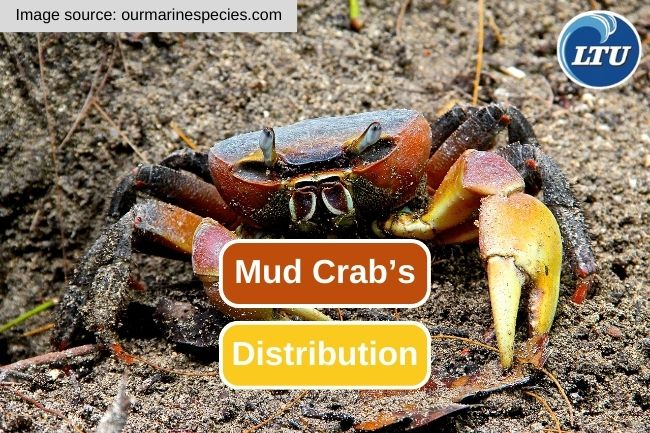The Crucial Ecological Roles of Octopus’
By. Nevanda - 29 Sep 2023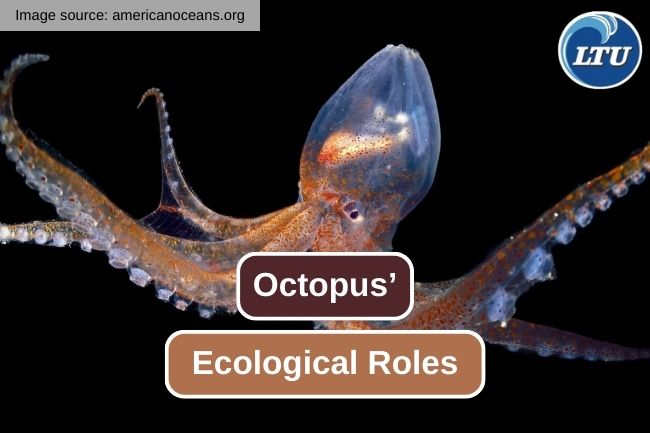
lauttimur.com - Octopuses play diverse and vital ecological roles in marine ecosystems. These roles contribute to the balance and health of underwater environments. Here are some key ecological roles of octopuses:
1. Control the Population of Predator and Prey
Octopuses are both predators and prey in marine food chains. As predators, they feed on various species of crustaceans, fish, and mollusks, helping to control the populations of these organisms. As prey, octopuses serve as a food source for larger marine animals like sharks, seals, and certain fish, contributing to the complex web of predator-prey relationships.
2. Benthic Foragers
Many octopus’ species are benthic (bottom-dwelling) foragers. They use their exceptional problem-solving abilities and dexterity to search for and capture prey in crevices, among coral reefs, and in other hard-to-reach places on the seafloor. Their feeding behavior helps maintain the ecological balance in these habitats.
3. Habitat Engineering
Octopuses often create their dens or burrows in the substrate of the seafloor. These structures serve as important habitat for other marine creatures, providing shelter and protection. In some cases, octopus’ dens can become refuge areas for small fish and invertebrates, contributing to local biodiversity.
4. Nutrient Recycling
Octopuses are part of the natural recycling process in marine ecosystems. When they consume prey, they assimilate nutrients, and their waste products, once excreted, become a source of nutrients for other organisms, such as scavengers and detritivores.
Read also: Inspiring Seafood Menu Ideas to Try at Home
5. Behavioral Interactions
Octopuses exhibit complex behaviors that can influence the behavior of other marine species. For example, their presence in an area can affect the behavior of potential prey, leading to changes in the feeding habits and movement patterns of these prey species. In this way, octopuses can indirectly impact the distribution of other marine organisms.
6. Keystone Species
In some ecosystems, octopuses act as keystone species, meaning they have a disproportionately large impact on their environment compared to their abundance. Their predation on certain prey species can influence the entire structure and dynamics of the ecosystem, making their conservation important for the overall health of the habitat.
Understanding the ecological roles of octopuses is crucial for the conservation and management of marine environments. Ensuring the sustainability of octopus populations is not only important for the species itself but also for maintaining the intricate balance of life in the world's oceans.
Read also: Unlock the Secrets to Make Perfectly Tender Calamari Every Time

